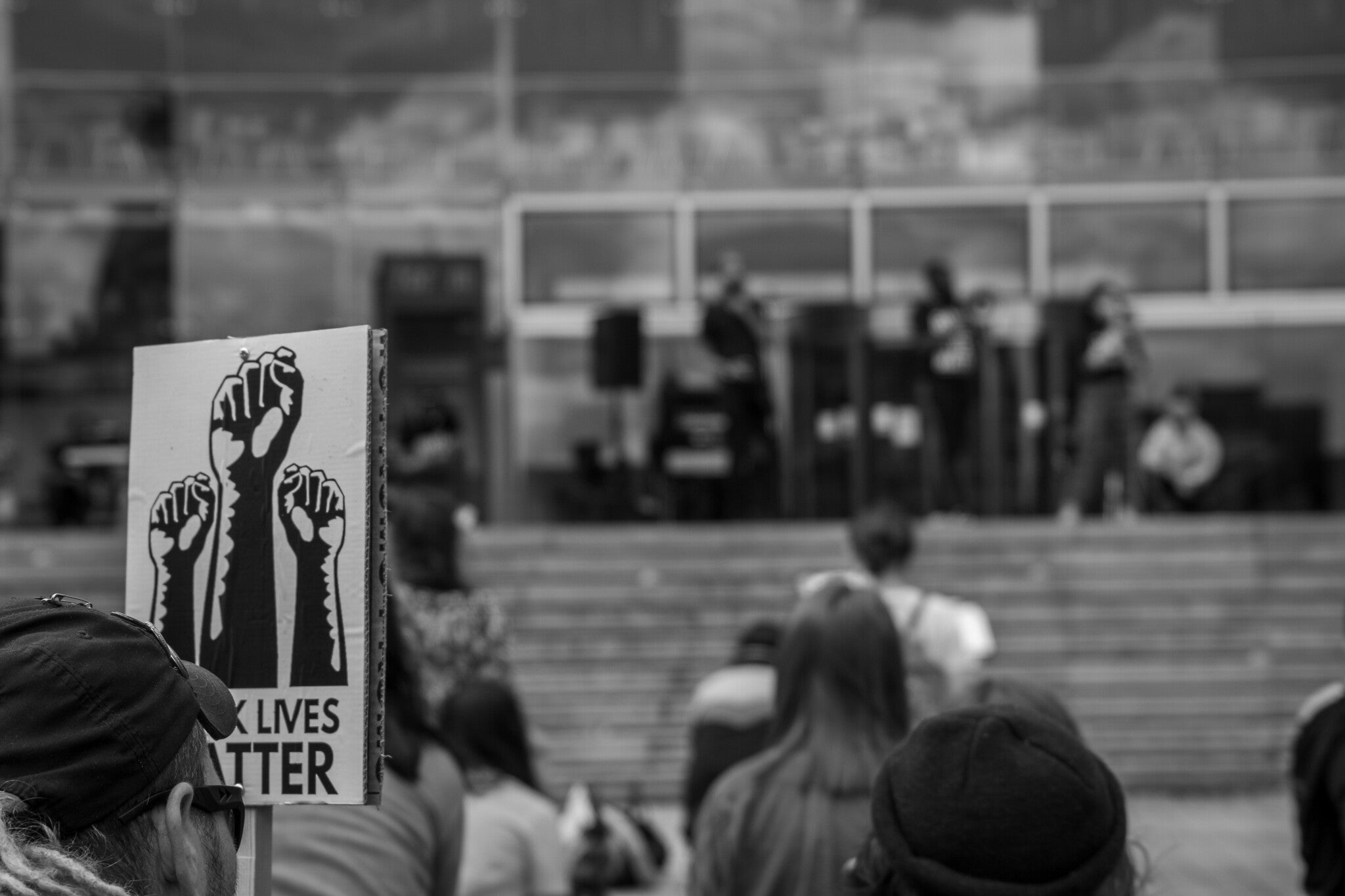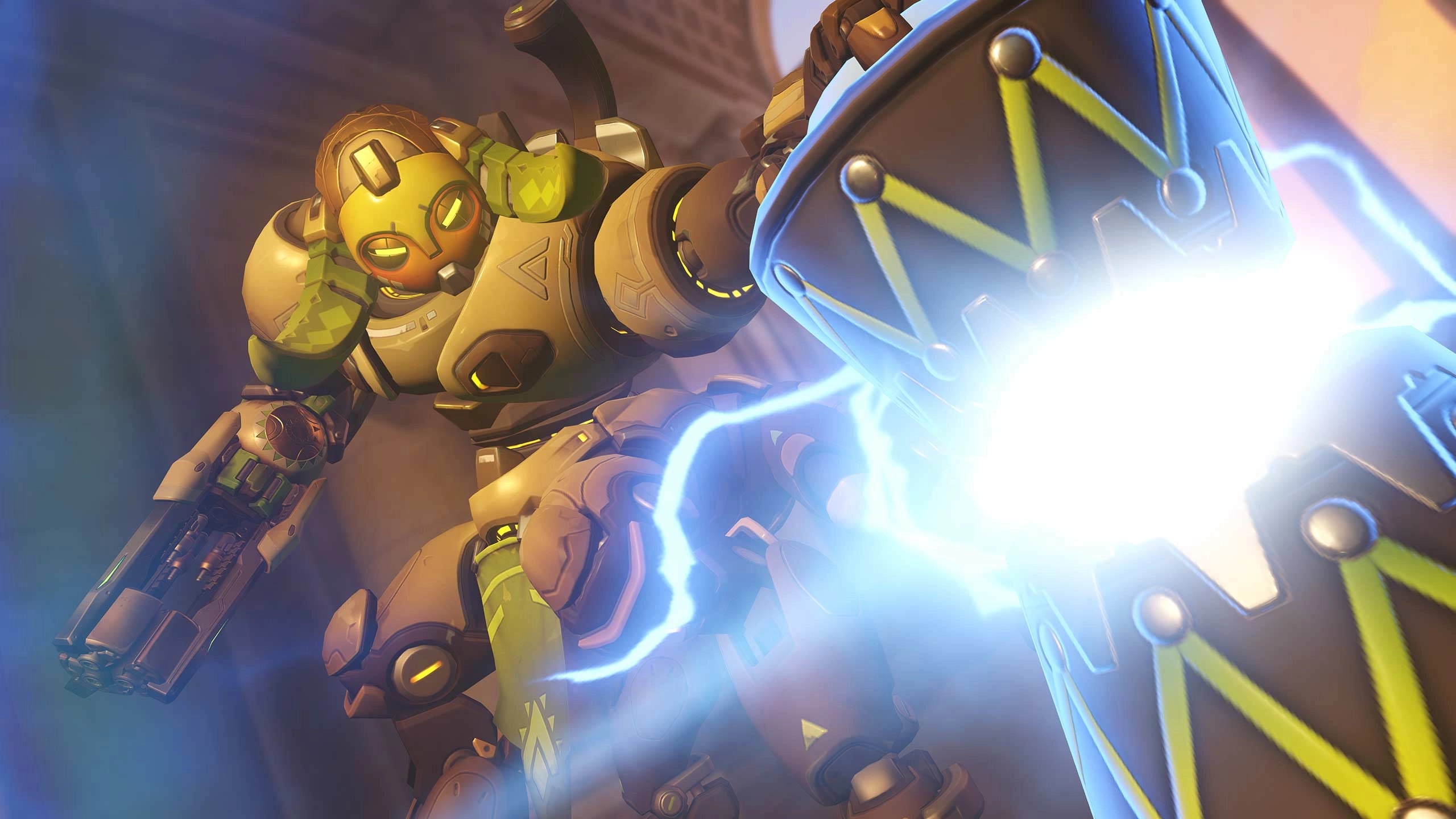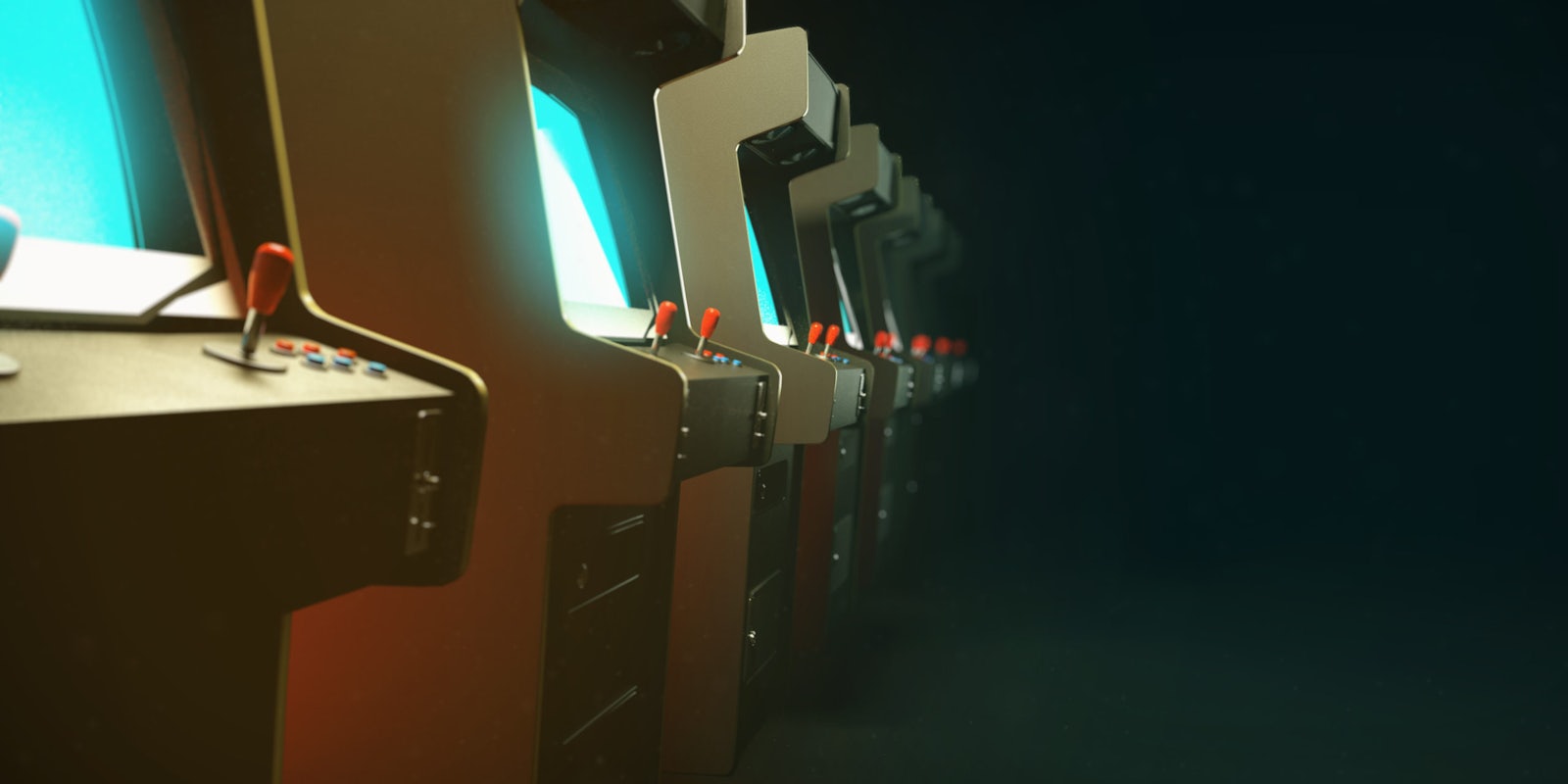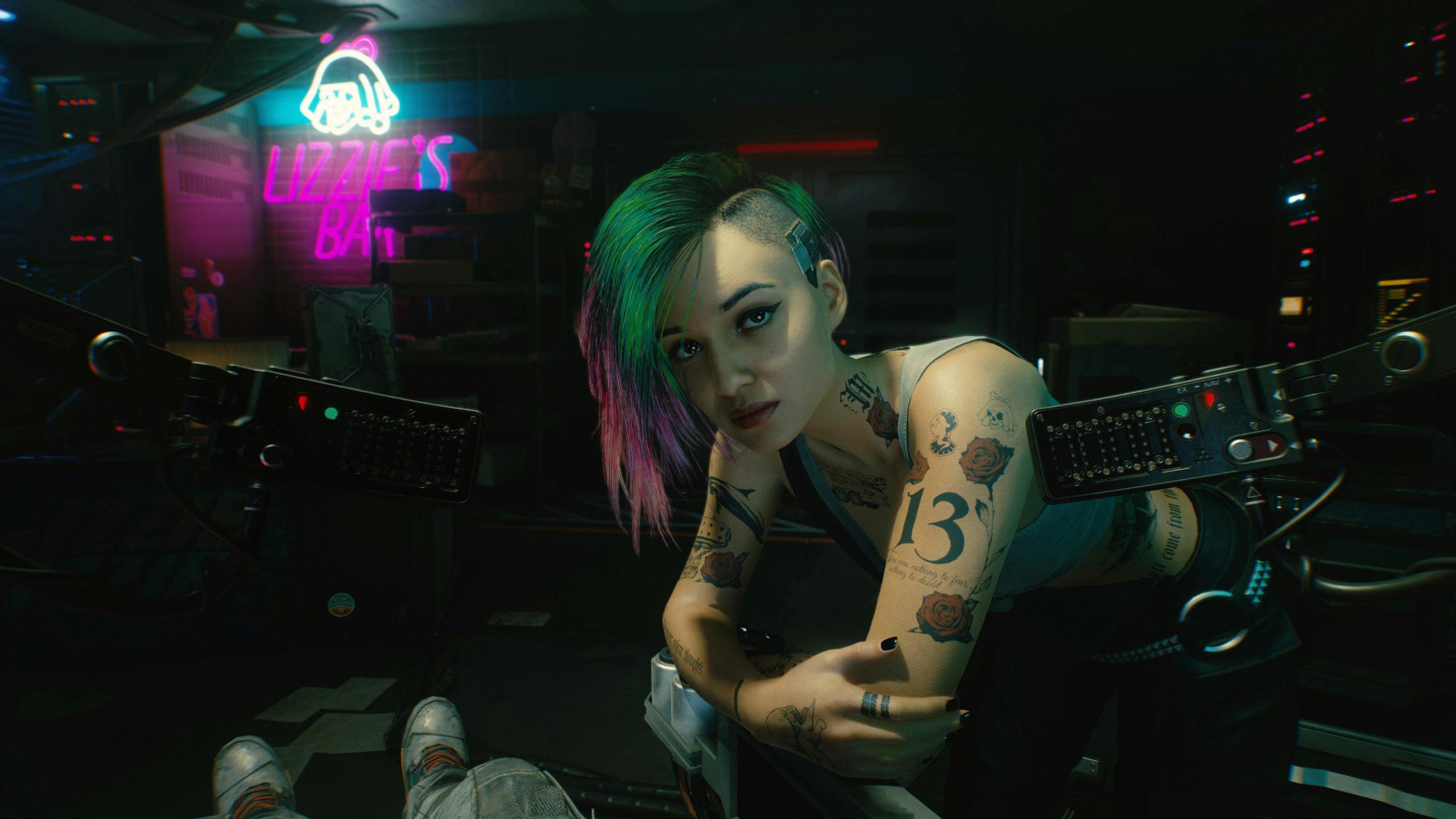Opinion
I have worked in games for nearly a decade. The industry is, and always has been, fundamentally broken. It burns through developers, it underpays writers, it feeds off abusive work conditions, and it’s filled with abusive people in positions of power who manipulate the less fortunate at their own discretion. Whether they’re a Twitch streamer or studio executive doesn’t matter. I should not have so many examples in just one paragraph.
I have experienced this problem first-hand multiple times. I’ve worked through crunch as a game developer and seen its effects. I’ve seen the effects of persistent sexual harassment in the workplace and how it drives marginalized genders out of games. And I’ve watched struggling queer creators remain ignored while white cisgender men working cushy jobs at major development studios get critical acclaim for doing the bare minimum.
And yes, I must sadly admit: Me, too. I have been taken advantage of sexually and discriminated against based on my gender and sexuality. I have seen what happens first-hand to trans women who work in games, and it has only worsened my post-traumatic stress disorder. To date, I’ve only seen two incidents where this led to some sort of permanent change, and in both cases, it was not institutional change. It was merely the responsible party leaving the industry while everyone else patted themselves on the back.
I do not believe this industry can be fixed. I do not believe it can be reformed. I believe the only way to change it is to tear it all down and recreate it. Consider this a manifesto on how those of us who are part of the gaming community—from players to developers—can create change by someone who knows how bad it can be.
Your money is an asset. Use it
By this point, a lot of gamers know the problems at hand. They’re aware of Blizzard’s retaliatory actions toward esports players and employees who speak out against it. They know about Riot Games’ severely misogynistic culture. They’ve seen the stories about obscene work hours at Rockstar Games and Naughty Dog. But the games industry has a “yes, but” problem. Every time one of these stories comes out, it’s shortly followed by: Yes, but, have you played The Last of Us Part II? Yes, but are you going to pick up Overwatch 2?
We need to stop enabling this in the games industry. It creates a culture where work conditions are separated from the end product sold to consumers—which is impossible (we live in a capitalist society, baby). It also diverts money away from independent and marginalized developers while giving it to the very people causing the problems.
The broke queer on your block developing cyberpunk lesbian sex games needs more support than Sony or Activision or Ubisoft, no matter how many awards their games get for realistic military propaganda. And radical, marginalized members of the games community hold themselves accountable in seeking justice. After Skullgirls lead design director Mike “Mike Z” Zaimonthas was outed for sexual harassment, queer nonbinary competitive fighting game player Dominique “SonicFox” McLean used their connection with the game to stress “you gotta pay the price, Mike.”
“His actions don’t speak on behalf of the Skullgirls community as a whole. Nobody likes what he did here. His actions do not reflect the integrity of the Skullgirls community at all and we will be sure consequences are carried out appropriately,” SonicFox tweeted. “I really did look up to him as a close friend and a mentor and even someone that pretty much saved my life? But even with all that help, I have to protect my community, even if it’s from people like him.”
Boycott, divestment, sanctions (BDS) movement is a three-part approach to fighting back against international support for the Israeli occupation of Palestine. The movement argues that by pulling purchases from Israeli businesses, urging organizations to divest their funds from Israel, and pressuring government entities to pull their support for Israeli businesses and state interests, BDS can radically alter political support for Israel on an international stage. And it turns out that BDS works.
“In an era of corporate social responsibility, BDS has given bad publicity to major businesses tied up in Israel’s occupation (Airbnb, Re/Max, HP) and helped push other large firms out of the West Bank,” the Guardian notes. “It has disrupted film festivals, concerts and exhibitions around the world. It has riled academic and sports organizations by politicizing them, demanding that they take a stand on the highly divisive conflict. It has angered Palestinian performers and artists who work with Israeli institutions, accusing them of giving Palestinian cover for Israel’s human rights violations.”
Consumers need to take a page from the BDS book. If you truly feel sickened by the stories emerging around Naughty Dog, Ubisoft, and Cyberpunk 2077 developer CD Projekt Red, then don’t buy their games. Stop watching their press releases, and ignore news coverage on their products. Pressure games industry organizations to ban these companies from their trade shows. Fund marginalized creators who actively cultivate healthy game development environments, and encourage your friends to purchase their games. If you’re a games journalist who is financially able to do so, stop covering studios notorious for crunch culture and abusive treatment toward marginalized developers.
Tut-tutting the state of the industry will do nothing, which is exactly what these companies want. But if we collectively say “no more,” then the industry will be forced to bend to our demands.
Direct action to the fullest extent

Over the past decade, we’ve given the games industry numerous chances to reform itself. Writer Leigh Alexander called for it at the start of Gamergate and nearly lost her job. Riot Games’ problems with discrimination called for a similar reckoning in 2018, and yet just this month, one high-ranking executive penned a Facebook post suggesting George Floyd deserved to die. That executive only resigned after public backlash. Even some of the most public and prominent cases, such as sexual harassment perpetrated by YouTuber Nick Robinson and former GaymerX head Matt Conn, has led to little repercussions for the abusers while their victims fled from games.
We gave the games industry the chance to clean house internally, and it failed. The time for compromise is over. The time for direct action is necessary in games. We must join the larger call for Black Lives Matter, queer liberation, and anti-fascism, and bring these revolutionary movements into games.
Direct action is a form of collective protest designed to make known systems of power in order to challenge and dismantle them. It is highly controversial among those in power because it puts them at the highest risk: When people organize together and make known the abuses of those in power, it leads to change at a much faster and consistent rate.
“Like sand poured into the gears of the mindless machine of ‘business as usual,’ direct action can grind the conformist system to a halt and provide priceless opportunities to scrutinize the inner workings of this machine, including what drives it and what it produces,” Gabriel Rockhill and John-Patrick Schultz write for Truth Out.
If you truly feel sickened by the stories emerging around Naughty Dog, Ubisoft, and Cyberpunk 2077 developer CD Projekt Red, then don’t buy their games.
Direct action can look like many things, from civil disobedience to property damage, all of which can be successfully deployed depending on context. Malcolm X famously called for not just direct action but beating back violent oppressors through physical resistance. Civil rights leader Robert F. Williams fought against racism by advocating for and arming Black citizens. So did the Black Panthers. Contemporary direct action, especially the American wing of antiracism and antifa activism, is heavily inspired by these leaders, in part because they caused and led real change.
The games industry’s problems are symptoms of larger issues we are fighting back against on the streets, and that means we need to bring the games community into that fight. The good news is that the potential strategies with direct action are endless. Protests outside of game development studios, occupy movements in front of social media headquarters, boycotts outside of midnight game launches, disruption campaigns during press events. Fundraisers for Black-owned game development studios and trans DIY tech communities. Sit-ins, teach-ins, and rallies. In successful direct action, the democratic needs of the people lead the call, lead the needs, and lead the change.
Acknowledge complicity

One of the most horrifying stories that’s emerged from this month’s reckoning isn’t from the video games industry, per se, but an adjacent one: traditional gaming. Former Cards Against Humanity writer Nico Carter wrote a Medium post exposing rampant racism at creator Max Temkin’s organization. This included white writers’ attempt to put the N-word in as an answer card, retaliation when Carter spoke out, and a forced psychiatric stay imposed by Carter’s white colleagues that culminated in his firing afterward.
Carter’s experiences are beyond the pale. They also happen every single day. In his essay, Carter explores in painstaking detail how his treatment under Temkin’s company is a microcosm of Black life in and outside of America. His writing demands white industry members confront our white fragility and white privilege, and hold ourselves accountable when we have used our privilege in similar ways to hush up our Black colleagues. This is because racism is an active state of existence, not a character trait. If it isn’t resisted, it’s perpetuated.
The games industry’s problems are symptoms of larger issues we are fighting back against on the streets, and that means we need to bring that fight to the games community.
In games critic Jim Sterling’s video on the games reckoning, he insists that it’s important to not just hold the industry’s abuse accountable but to admit one’s own complicity in its problems, no matter how much one has changed. Looking at myself, I’ve struggled to recognize abuse in my own industry circle until it’s too late. I haven’t interviewed and profiled Black game developers nearly as much as I should have, and I’ve perpetuated colorism by putting my money into the hands of my white and light-skinned colleagues first. While I’ve criticized Riot Games and Blizzard in my reporting, I’ve also played Valorant and Overwatch obsessively and sung their praises to other industry members. These are problems I have engaged in, and it is my responsibility to acknowledge my hypocrisy in order to make the games industry a better space for my colleagues.
Organizing, boycotting, protesting: These are all things we must do. But while we work on activism on a macro level, we also need to work on ourselves on a micro level. Do the readings. Look inside yourself and ask what maladaptive behaviors need to change. If you’re privileged, talk less and listen more. Acknowledge that your race, gender, and socioeconomic class have contributed to your success, and then use your privilege to marginalized peoples’ advantage. Then do it again. It is our duty to dismantle this industry and root out its bigots. And it is our duty to win. But while you join us on the streets, never forget that this work begins inside your heart—not just in your neighborhood.



